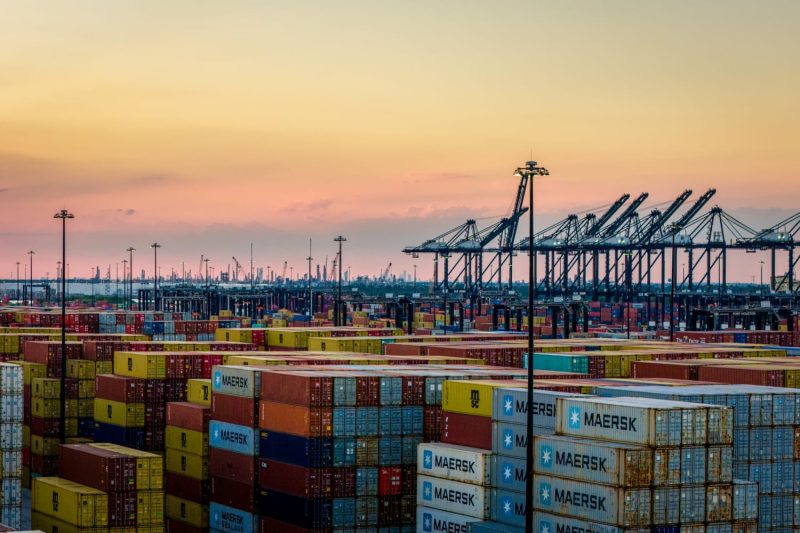Shipping industry experts are closely monitoring the potential impact of a major maritime strike that could disrupt ports along the East Coast of the United States. The threat of a strike by the International Longshoremen’s Association (ILA) poses significant challenges to the smooth operation of key seaports, which play a crucial role in facilitating global trade and commerce.
The ILA represents thousands of dockworkers, crane operators, and other maritime workers at major ports such as New York/New Jersey, Savannah, Charleston, and Miami. These workers are responsible for loading and unloading cargo ships, managing container terminals, and maintaining smooth operations at the ports. Any disruption in their work due to a strike could have far-reaching consequences for both domestic and international supply chains.
One of the primary concerns stemming from a potential maritime strike is the impact on the flow of goods and commodities. Ports along the East Coast serve as vital gateways for imports and exports, handling a significant portion of the country’s maritime trade. A prolonged strike could lead to delays in the delivery of essential goods, raw materials, and manufactured products, affecting businesses and consumers alike.
Moreover, the timing of a maritime strike could exacerbate existing supply chain challenges. The global shipping industry is already grappling with issues such as container shortages, vessel congestion, and port delays due to the lingering effects of the COVID-19 pandemic. A strike at this critical juncture could further strain an already fragile logistics network, leading to increased costs and disruptions for businesses across various industries.
Another key concern related to a potential maritime strike is the economic impact on port cities and surrounding communities. Seaports play a vital role in driving local economies, providing jobs, tax revenue, and opportunities for businesses to thrive. A prolonged strike could result in financial losses for port operators, shipping companies, trucking firms, and other stakeholders dependent on port activities. The ripple effect of a strike could extend beyond the ports themselves, affecting ancillary industries and businesses that rely on maritime trade.
In addition to economic repercussions, a maritime strike could also have political implications at both the state and national levels. Governments may be pressured to intervene and mediate the labor dispute to prevent widespread disruptions to the economy and ensure the smooth functioning of key ports. The potential involvement of government agencies, labor unions, and industry stakeholders in resolving the strike could further complicate the situation and prolong the standoff.
Ultimately, a major maritime strike along the East Coast has the potential to create significant challenges for the shipping industry, supply chain participants, and local economies. Stakeholders are closely monitoring the situation and exploring contingency plans to mitigate the impact of a potential strike. The outcome of the labor dispute will have far-reaching consequences for international trade, economic stability, and the future of maritime operations along the East Coast.

